T4K3.news
Survivor speaks out on trafficking and neurodiversity
A survivor shares her three year ordeal and argues for earlier diagnosis and better safeguarding to prevent trafficking.
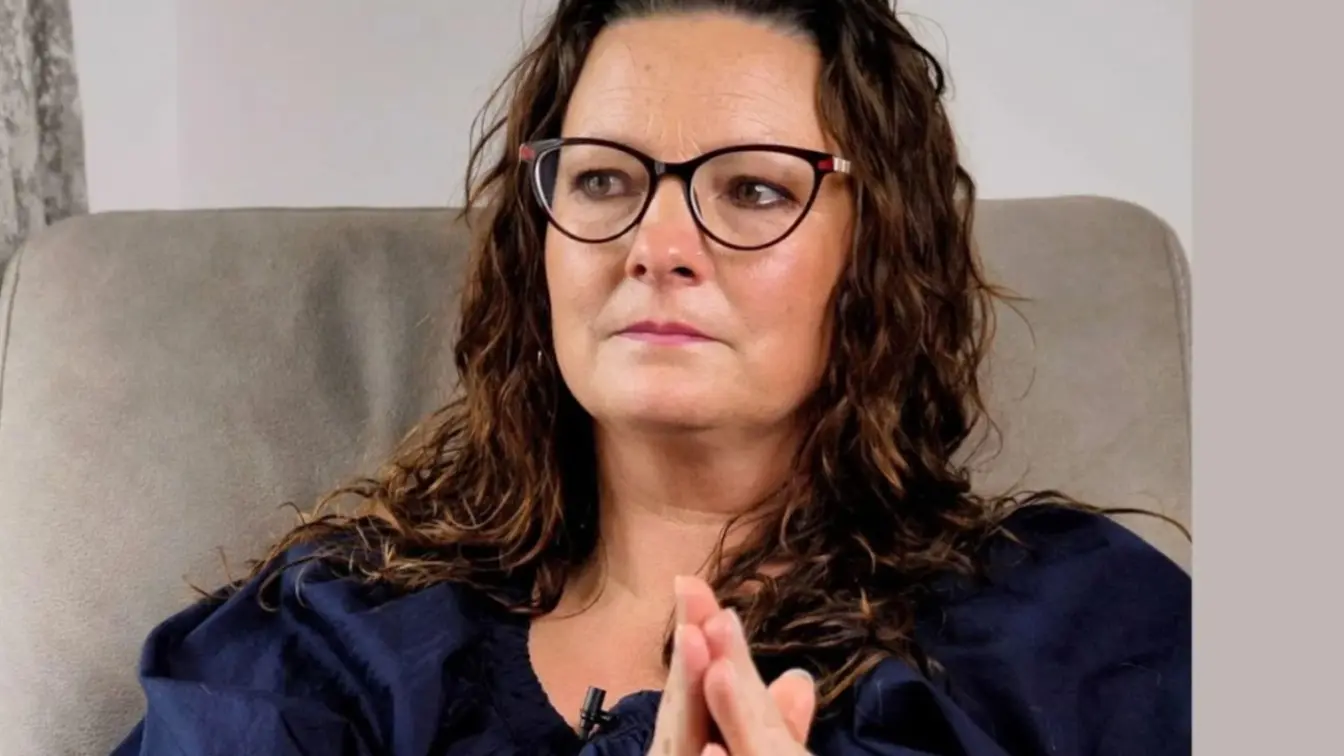
A survivor recalls abuse and a long period of forced prostitution, and explains how neurodiversity shaped her vulnerability and drive to help others.
Survivor links ADHD and autism to trafficking vulnerability
Ilja Abbattista says she was groomed and forced into prostitution at 17, working for a gang that made her sleep with as many as 40 men a day for little money. Over three years she saw about 20,000 men and the gang earned more than a million pounds, while she received none. The abuse spanned the UK and the Netherlands, with brutal shifts that could last for hours. She escaped after a turning point that exposed the danger of her situation.
In her 50s she was diagnosed with ADHD and autism, a moment she says helped her understand how she was exploited and shaped her later path with charities and schools. She argues that recognizing neurodiversity is critical to stopping trafficking and protecting vulnerable youths and calls for earlier diagnosis, trauma informed care, and stronger safeguarding in schools and care settings.
Key Takeaways
"My first customer was a really old man"
Early trauma memory that frames the abuse
"There is no therapy for neurodiverse victims of sex trafficking and that’s what I’m looking into"
Advocacy and unmet needs
"When I first found out I had ADHD, part of me felt immense grief"
Impact of diagnosis on the survivor
"With ADHD you take more risks, you don’t think things through"
Insight into risk factors linked to neurodiversity
The piece highlights how trafficking networks exploit gaps in safeguarding and how neurodiversity can act as a risk multiplier, not a cause. It underscores that early diagnosis and tailored support could change outcomes for vulnerable youths. It also shows how survivor voices are essential to shaping policy and services. Yet reporting must avoid sensationalism and respect the survivor’s privacy and trauma as policy and public reaction unfold. The story invites readers to consider how schools, social services, and mental health care can do better in identifying and aiding neurodiverse youths before exploitation begins.
Highlights
- My first customer was a really old man
- There is no therapy for neurodiverse victims of sex trafficking and that’s what I’m looking into
- When I first found out I had ADHD, part of me felt immense grief
- With ADHD you take more risks, you don’t think things through
Trauma reporting risk and policy implications
The article covers a survivor of sexual violence with detailed accounts that could retraumatize readers. It touches on safeguarding, mental health needs, and policy gaps, inviting public discussion while needing careful handling of sensitive material.
Listening to survivors remains essential for real change.
Enjoyed this? Let your friends know!
Related News
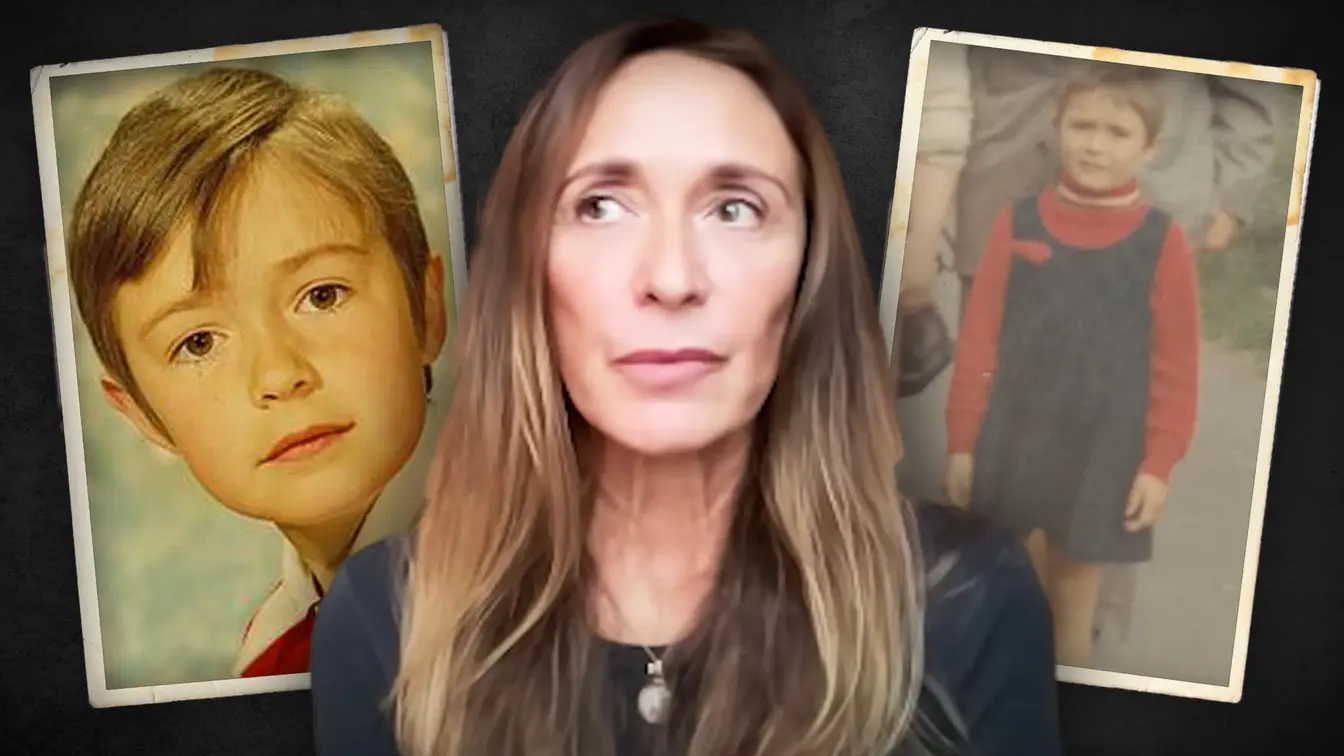
Anneke Lucas exposes horrific childhood abuse
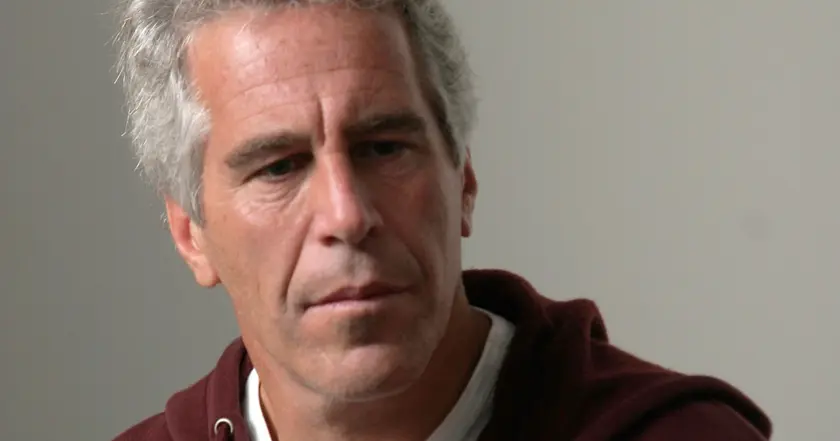
Epstein victims criticise Trump administration's approach
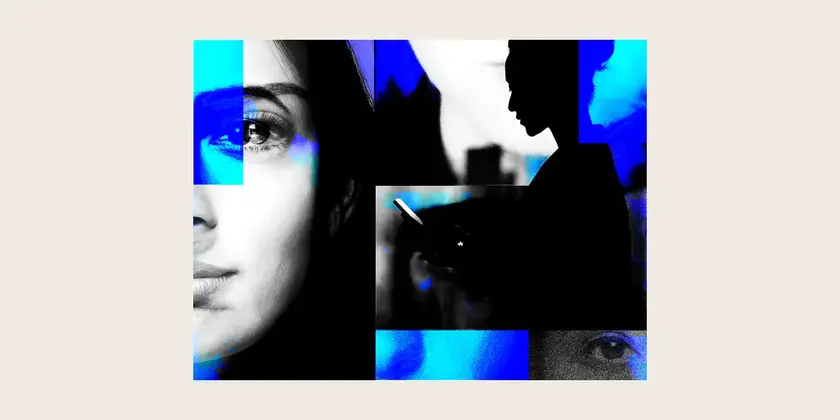
Instagram deception fuels global pigbutchering crypto scam
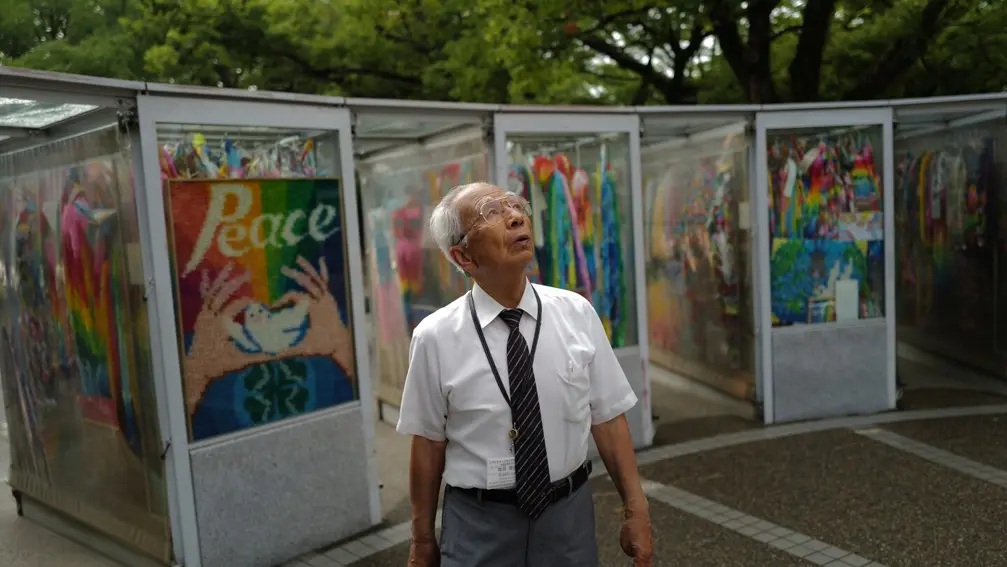
Aging atomic bomb survivors advocate for nuclear disarmament

Neil Gaiman Faces Multiple Lawsuits for Serious Allegations

Chloe Ayling reflects on kidnapping experience

Ghislaine Maxwell in second day of talks with Deputy AG

Red Like Fruit Review Out Now
